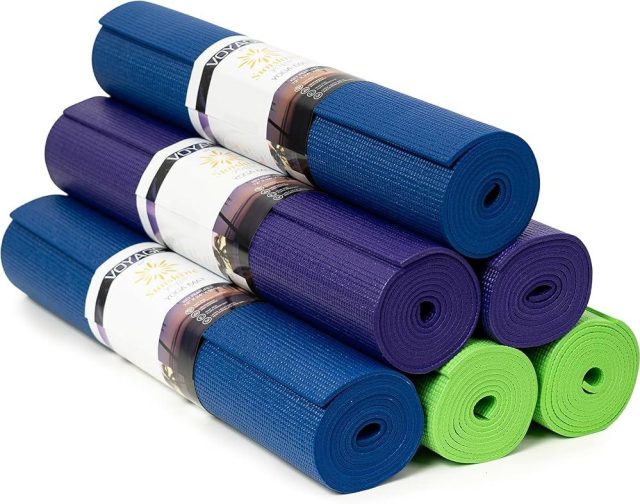In the pursuit of a harmonious and fulfilling yoga practice, the importance of a comfortable and supportive yoga mat cannot be overstated. Whether you are a seasoned yogi or just embarking on your journey, the right mat can profoundly enhance your experience, offering both physical support and mental tranquility. With countless options available, selecting the perfect yoga mat can feel overwhelming. This guide aims to ease that burden by exploring the best yoga mats tailored for comfort, helping you find a mat that resonates with your needs and preferences. By understanding what features to look for and how they align with your personal practice, you can create a sanctuary on your mat that nurtures both body and soul.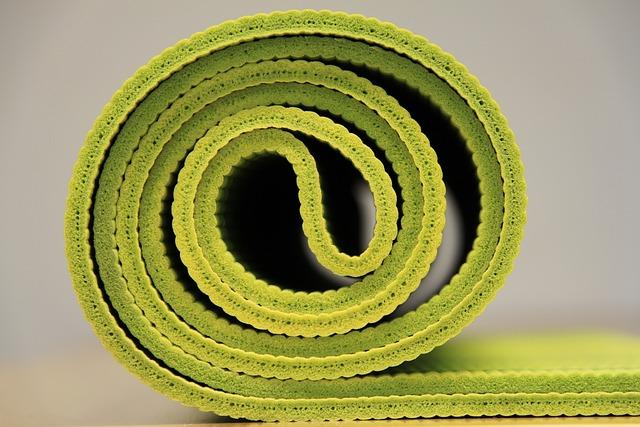
Choosing the Right Material for Your Needs
When selecting a yoga mat, the material is crucial in ensuring both comfort and durability. Each material offers distinct benefits and might cater to different preferences and needs. Here’s a closer look at some popular options:
- Natural Rubber: Known for its excellent grip and eco-friendliness, natural rubber is a fantastic choice for those who want a non-slip surface and a mat made from renewable resources. However, it’s worth noting that natural rubber can be heavier and might have a strong initial odor.
- TPE (Thermoplastic Elastomer): If you’re looking for a lightweight and recyclable option, TPE is your go-to. It provides a good balance between comfort and durability and is free from harmful chemicals, making it an ideal choice for environmentally conscious yogis.
- PVC (Polyvinyl Chloride): While PVC mats are often more affordable and provide excellent durability and cushioning, they are not biodegradable and may contain phthalates, which some prefer to avoid.
| Material | Pros | Cons |
|---|---|---|
| Natural Rubber | Eco-friendly, excellent grip | Heavy, strong odor |
| TPE | Lightweight, recyclable | Less durable over time |
| PVC | Durable, cushioned | Not eco-friendly, may contain chemicals |
Ultimately, your choice should align with your personal values and practice style. Whether prioritizing sustainability, comfort, or grip, the right material will support your journey, making each session a more enjoyable experience.
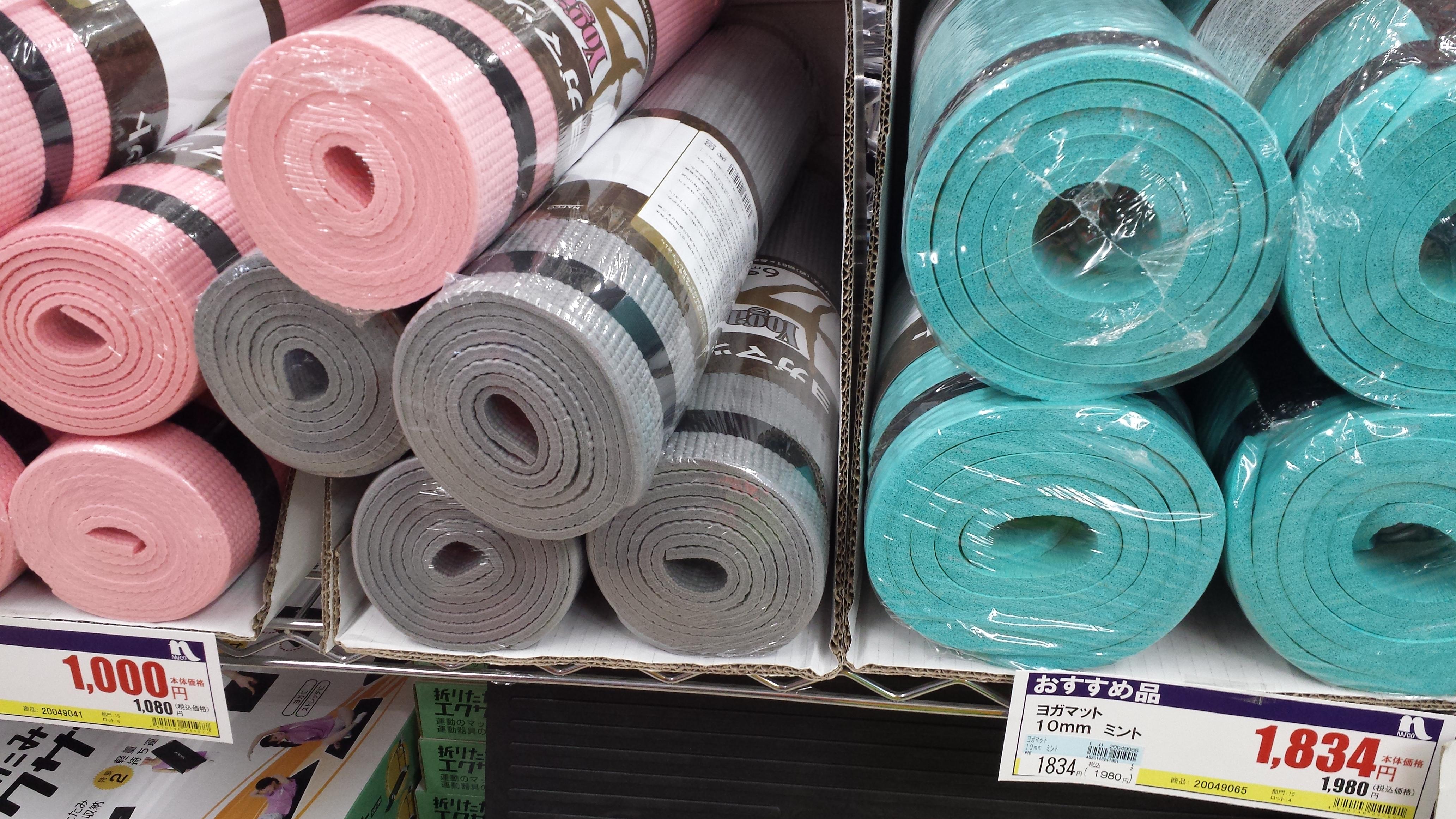
Understanding Thickness and Cushioning for Joint Support
Choosing the right yoga mat is crucial for providing the necessary support to your joints, especially if you have sensitive knees or wrists. The thickness and cushioning of a yoga mat can make a significant difference in your practice. A thicker mat, typically around 6mm or more, can offer more padding, which is ideal for those who need extra joint support. However, it’s important to find a balance, as too much thickness can reduce stability during standing poses.
Here are some factors to consider when selecting a yoga mat for joint support:
- Material: Opt for mats made from high-density foam or rubber, as they provide better shock absorption.
- Texture: Look for a textured surface to prevent slipping, ensuring safety and confidence in your poses.
- Portability: Consider the weight of the mat if you need to carry it frequently; thicker mats can be heavier.
To help you make an informed decision, here’s a quick comparison of popular yoga mat options:
| Mat Type | Thickness | Cushioning | Best For |
|---|---|---|---|
| Standard Foam | 4mm | Moderate | General Use |
| High-Density Rubber | 6mm | High | Joint Support |
| Eco-Friendly Cork | 5mm | Good | Eco-Conscious Users |
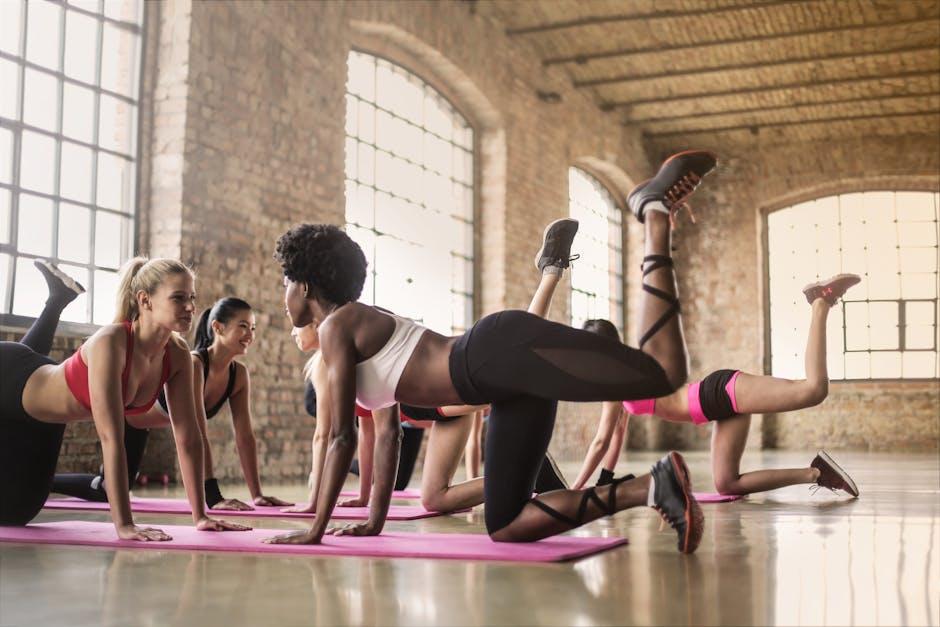
Exploring Eco-Friendly Options for Sustainable Practice
- Cork Yoga Mats: Made from renewable cork material, these mats offer a naturally non-slip surface that becomes grippier with moisture. Cork is not only durable but also biodegradable, making it an excellent choice for eco-conscious practitioners.
- Recycled Rubber Mats: These mats are crafted from recycled tires, providing excellent cushioning and durability. By repurposing materials that would otherwise end up in landfills, these mats support sustainability while offering a sturdy base for your practice.
- Organic Cotton Mats: For those who prefer a softer touch, organic cotton mats provide a plush surface. They are often used in restorative yoga practices and are entirely biodegradable, ensuring that your practice remains gentle on the earth.
When selecting a yoga mat, it’s essential to consider the environmental impact of your choice. Here’s a comparison of some popular eco-friendly options:
| Material | Pros | Cons |
|---|---|---|
| Cork | Non-slip, Biodegradable | Can be heavier |
| Recycled Rubber | Durable, Cushioned | May have a slight rubber smell initially |
| Organic Cotton | Soft, Biodegradable | Less grip |
Choosing the right mat can enhance your yoga experience while supporting a sustainable lifestyle. Consider your practice style, comfort preferences, and environmental impact when making your selection. By opting for eco-friendly yoga mats, you contribute to a healthier planet and a more mindful practice.
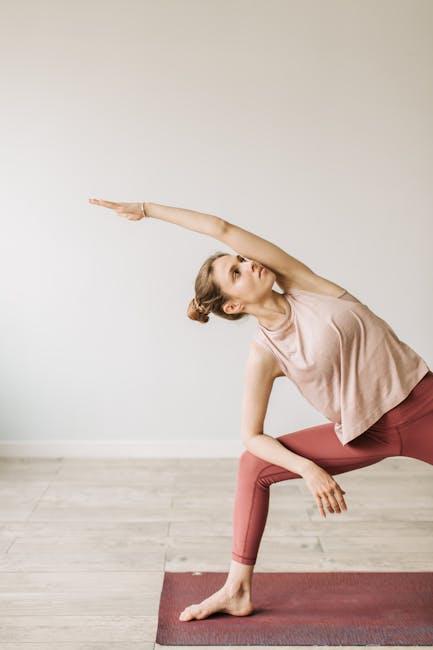
Top Picks for Durability and Portability in Yoga Mats
When it comes to yoga mats that blend both durability and portability, finding the right balance is key. Whether you’re a seasoned yogi or a beginner, having a mat that can withstand the test of time and is easy to carry is essential. Here are some standout options to consider:
- Manduka PROlite: Renowned for its longevity, the Manduka PROlite is a favorite among yoga enthusiasts. This mat features a closed-cell surface that keeps moisture and bacteria at bay, ensuring it stays in top condition through years of practice.
- Liforme Yoga Mat: Known for its unique alignment markers, the Liforme mat not only supports your practice but is also eco-friendly. Its natural rubber base offers excellent grip, making it a durable and portable choice.
- Jade Yoga Travel Mat: For those who prioritize portability, the Jade Yoga Travel Mat is lightweight and compact without compromising on durability. Made from natural rubber, it provides a stable surface for practice, wherever you go.
| Yoga Mat | Durability | Portability |
|---|---|---|
| Manduka PROlite | ★★★★★ | ★★★★☆ |
| Liforme Yoga Mat | ★★★★☆ | ★★★☆☆ |
| Jade Yoga Travel Mat | ★★★☆☆ | ★★★★★ |
Choosing a yoga mat that fits your lifestyle can make a significant difference in your practice. Whether you need a mat that travels well or one that can handle daily wear and tear, these options offer a blend of quality and convenience.































